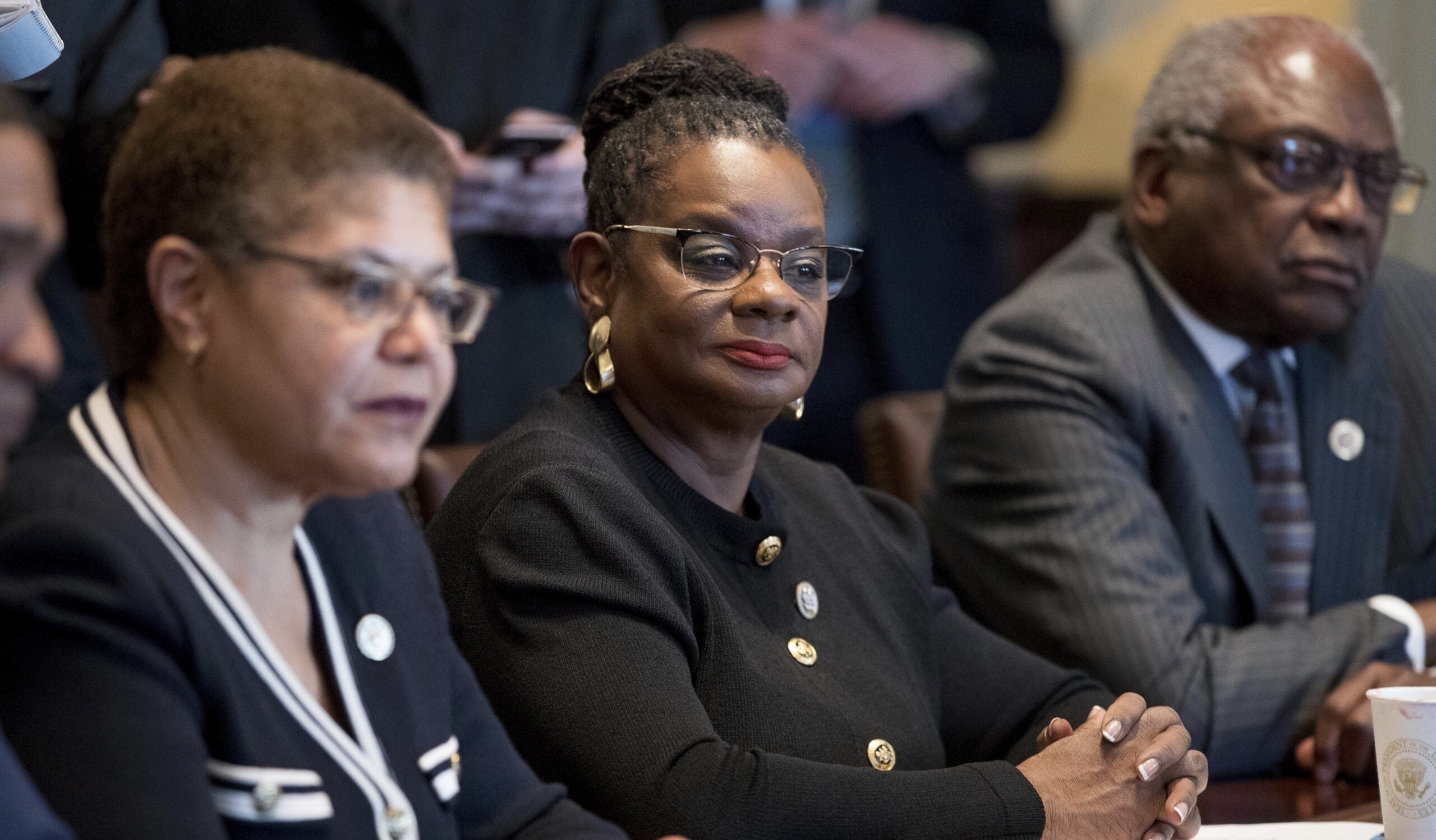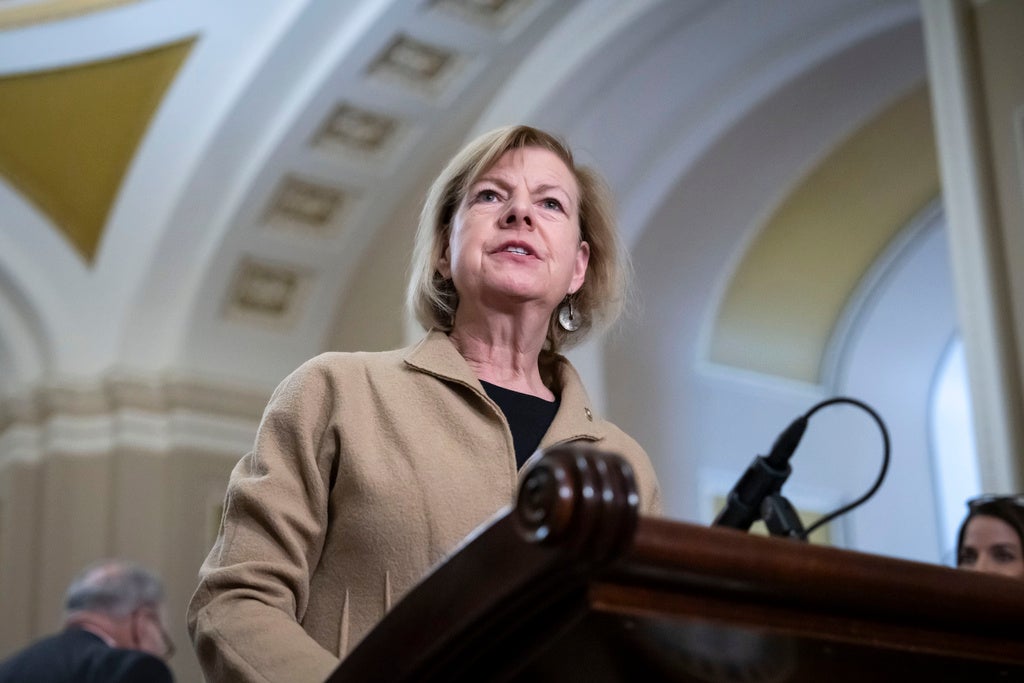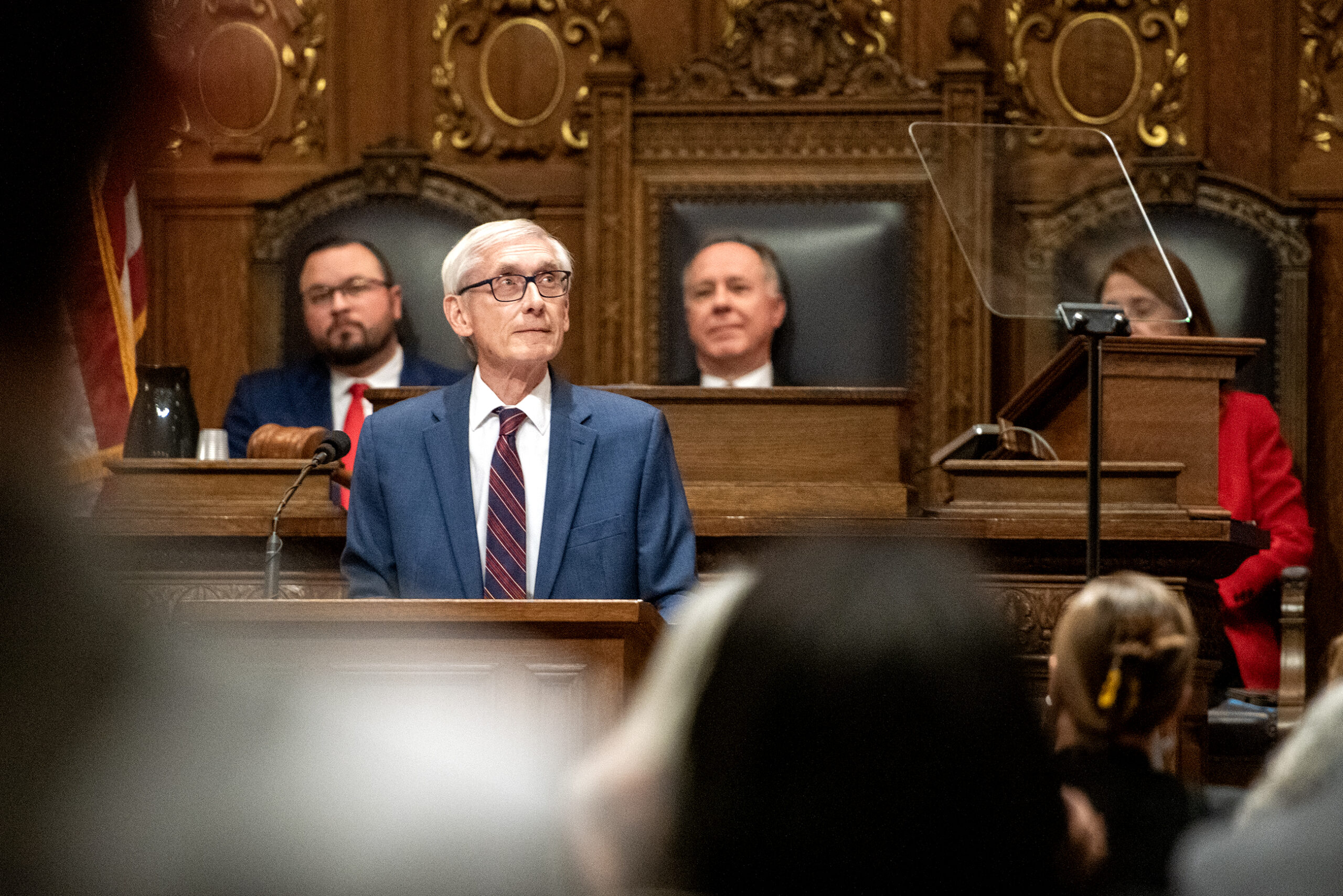Much of the news in Congress this year had little to do with actual legislation, but lawmakers did manage to send 27 bills to President Biden’s desk for a signature. That’s a dramatic productivity decline relative to previous years, even when compared to other eras of divided government.
But they’re set to start next year with a slew of legislation, if they can muster it. There are two government funding deadlines, Jan. 19 and Feb. 2, that they can solve by passing the 12 annual federal spending bills.
There are also ongoing negotiations about a foreign aid and immigration reform package, as Biden calls for military aid to Ukraine, Israel and the Indo-Pacific and Republicans push for policy changes to stem the record tide of migrants at the U.S.-Mexico border.
News with a little more humanity
WPR’s “Wisconsin Today” newsletter keeps you connected to the state you love without feeling overwhelmed. No paywall. No agenda. No corporate filter.
While all of that percolates, here is a list of everything Congress did pass in 2023 — and what it accomplished.
Keeping the government open and avoiding default
On June 3, Congress passed the Fiscal Responsibility Act of 2023, an agreement to raise the limit on the amount of money the U.S. government is allowed to borrow. It was a protracted fight between House Republicans and the White House.
As Republicans struggled to reach consensus on full-year government spending bills, Congress passed two short-term government funding measures: the Continuing Appropriations Act on September 30 and the Further Continuing Appropriations Act on November 16.
The next government funding deadlines are on January 19 and February 2, 2024.
Addressing the needs of service members and veterans
In June, Congress passed a cost-of-living adjustment for veterans’ disability payments (Veterans’ COLA Act) and expanded the eligibility for a military academies’ financial aid program (CADETS Act). In July, the authorized the construction of several new Veterans Affairs facilities (VA Major Medical Facility Authorization Act).
Through the fall, Congress expanded coverage and extended policies around various Veterans Affairs programs, including adding coverage for people with spina bifida who are the children of Vietnam veterans (Bills To Amend Title 38).
Additional legislation extends benefits eligibility to certain veterans who served in the South Korean army with U.S. troops in Vietnam (Korean American VALOR Act) and mandates an VA online records request portal (Wounded Warrior Access Act).
The National Guard and Reservists Debt Relief Extension Act waived some means-testing requirements for some servicemembers and reservists seeking bankruptcy relief.
Congress also named two VA clinics and commissioned a commemorative coin for the 250th anniversary of the U.S. Marine Corps.
Health, safety and COVID-19
In the spring, Congress formally ended the COVID-19 emergency declared by then-President Trump in March 2020 (Relating to a national emergency declared by the President). They also ordered the Director of National Intelligence to declassify all information relating to potential links between a Chinese research institute and the coronavirus pandemic (COVID-19 Origin Act).
The TRANQ Research Act is intended to find ways to curb illicit use of the animal tranquilizer xylazine.
Two laws aim to improve U.S. air safety (NOTAM Improvement Act) and the organ transplant network (Securing the U.S. Organ Procurement and Transplantation Network Act), while another nullified a local Washington D.C. criminal justice reform law (Disapproving the action of the District of Columbia Council in approving the Revised Criminal Code Act).
Hunting education and reform
Schools are now allowed to purchase “dangerous weapons” for the purposes of educational instruction or educational enrichment activities including archery and hunting under the Protecting Hunting Heritage and Education Act.
The Duck Stamp Modernization Act digitizes some aspects of the bureaucracy associated with federal hunting regulations.
Potpourri
The Providing Accountability Through Transparency Act requires new federal rules to include links to summaries of the rules, which must be fewer than 100 words.
Another law, the Pala Band of Mission Indians Land Transfer Act, establishes a federal land trust for the Pala Band of Mission Indians in California.
The United States-Taiwan Initiative on 21st-Century Trade First Agreement Implementation Act, as you might guess, implements a trade agreement between the U.S. and Taiwan.
A bill to amend the Federal Election Campaign Act of 1971 extends the ability for federal elections regulators to fine campaigns for violating disclosure requirements for ten additional years.
The 5G SALE Act allows the government to vet applications for use of parts of the electromagnetic spectrum that were auctioned for use in March 2023.
The biggest headlines had nothing to do with legislation
Kevin McCarthy, R-Calif., was fired by his colleagues as Speaker of the House and ultimately chose to quit Congress.
George Santos, R-N.Y., was expelled by his colleagues after a series of lies about his background and 23 federal criminal charges related to fraud.
Sen. Robert Menendez, D-N.J., has so far refused to resign after being accused by federal prosecutors of taking bribes in exchange for committing corrupt acts for committing corrupt acts, including providing sensitive information to the government of Egypt.
House Republicans formalized their impeachment inquiry into President Biden, despite no direct evidence of wrongdoing. They could vote on articles of impeachment as soon as next month.
Finally, aid to Ukraine, Israel and Taiwan is held up over disagreements about immigration policy – negotiations are ongoing between a select group of Senators, but it is almost certain no deal can be inked until next year.
9(MDAyMjQ1NTA4MDEyMjU5MTk3OTdlZmMzMQ004))
© Copyright 2026 by NPR. To see more, visit https://www.npr.org.9(MDAyMjQ1NTA4MDEyMjU5MTk3OTdlZmMzMQ004))





